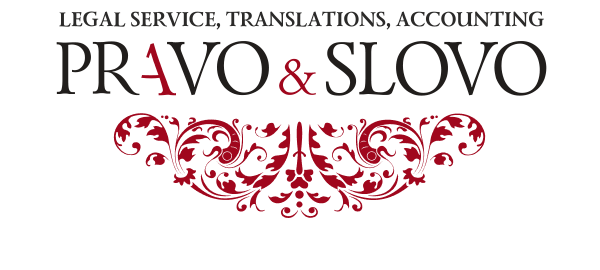Education Document Translation
As a rule, there are two cases in which Russian education documents must be translated into a foreign language:
Where shall we start? Let’s say you are preparing to continue your education abroad. Find out at your submission location:
Our company provides the service of written translation of various documents into foreign languages including educational documents: qualifications certificates, diplomas, attachments to them, academic statements, study plans, education programs, certificates, statements from educational institutions, etc.
As a rule, there are two cases in which Russian education documents must be translated into a foreign language:
- the applicant plans to continue their education abroad;
- the applicant is planning to work abroad in their field of expertise.
It’s important to understand that you can (and sometimes are required to) perform the translation in the country you plan to move to.
However, certification of education documents (apostilling or consular certification) can only be done in Russia.
Every state institution in every country has its own list of documents and requirements for processing them. Thus, the most important rule is to start off by obtaining that documents list to gain a clear picture of the document preparation sequence and how those documents can be formalized. Meanwhile, you should rely first and foremost on official information (on the website of the corresponding institution, the information stand in the building of the institution, and information obtained at a consultation from an official that works for the institution) rather than information from the “free” Internet, blogs, chats, and Russian-language groups on social networks.
Let's take Italy as an example. The most important documents must bear an Apostille stamp (education documents, certificates, and statements from a Civil Registration Office, police records, and notarized documents). These must be the original documents. As far as translation is concerned, there are two methods in which it can be completed. Option #1: by a translator accredited by the Italian Consulate followed by certification of the accuracy of the translation at the Consulate, and we can organize all of that for you!
Option #2: in Italy, by obtaining the translation from a sworn (court) translator. This type of translator will complete the translation and then a court whose register they're listed in will certify the authenticity of his signature.
Option one makes sense if you would like to depart Russia with your documents package already fully prepared so that when you get to Italy you won't have to trouble yourself with looking for a translator, spending time and money in the process (by the way, the rate Italian translators charge is several times higher than the rates of their Russian counterparts).
Option 2 is possible if you already know your way well around the country, are living in a major city of Italy, don't have any trouble finding a court translator who knows Russian, they have time to translate your documents, and you have time to wait until the translation is prepared and certified.
It's worth noting that having worked for more than ten years on a regular basis with the Italian Consulate in Moscow, our accredited translators know the requirements of the Consulate and the requirements of the Italian government institutions well in terms of the most in-demand services among Russians (formalizing permanent residence and citizenship, visiting a notary, marriage registration, maternity hospitals, buying real estate, formalizing inheritance, etc.).
Documents are prepared for Spain as well based on the same principle. The only difference is that there is no institution of accredited or entrusted translators at the Spanish Consulate in Moscow. This means that any translation agency can perform the translation into Spanih. However, beware that the Consulate has very rigid requirements for translations, so if the agency doesn't work handle Spanish for the consulate on a regular basis, such a translation will be sure to bring about certification issues.
So, where shall we start? However, if you are, say, preparing to continue your education abroad, find out at the submission location:
- What language must your education documents be translated into? The question may appear strange; however, there are some countries where English isn't an official language, yet translations are also accepted into that language.
- Is translation certification necessary? Currently, there are several types of certification that exist: notarization, translation certification with the seal of the translation agency, and translation certification by the consulate of the country of interest (only a limited number of consulates offer translation certification). Translation can also (and sometimes must) be certified in the country of interest and submitted by a sworn (court) translator.
- Does an apostille have to be placed on education documents? If it's required, does the apostille need to be stamped on the original document, a notarial copy of it, or in a notarial translation of the education document?
Of course, after working in this field for so many years, we will likely be able to tell you how your education (and other types of) documents are supposed to be formalized. Nevertheless, information from the organ to which they are to be submitted is always an important and the only authentic information source, not only in Russia but in any country in the world.
In conclusion, it’s worth nothing that our company has accumulated truly substantial experience translating and certifying education documents, education documents which were issued not only in Russia but abroad as well. Let our specialists handle the task for you!



